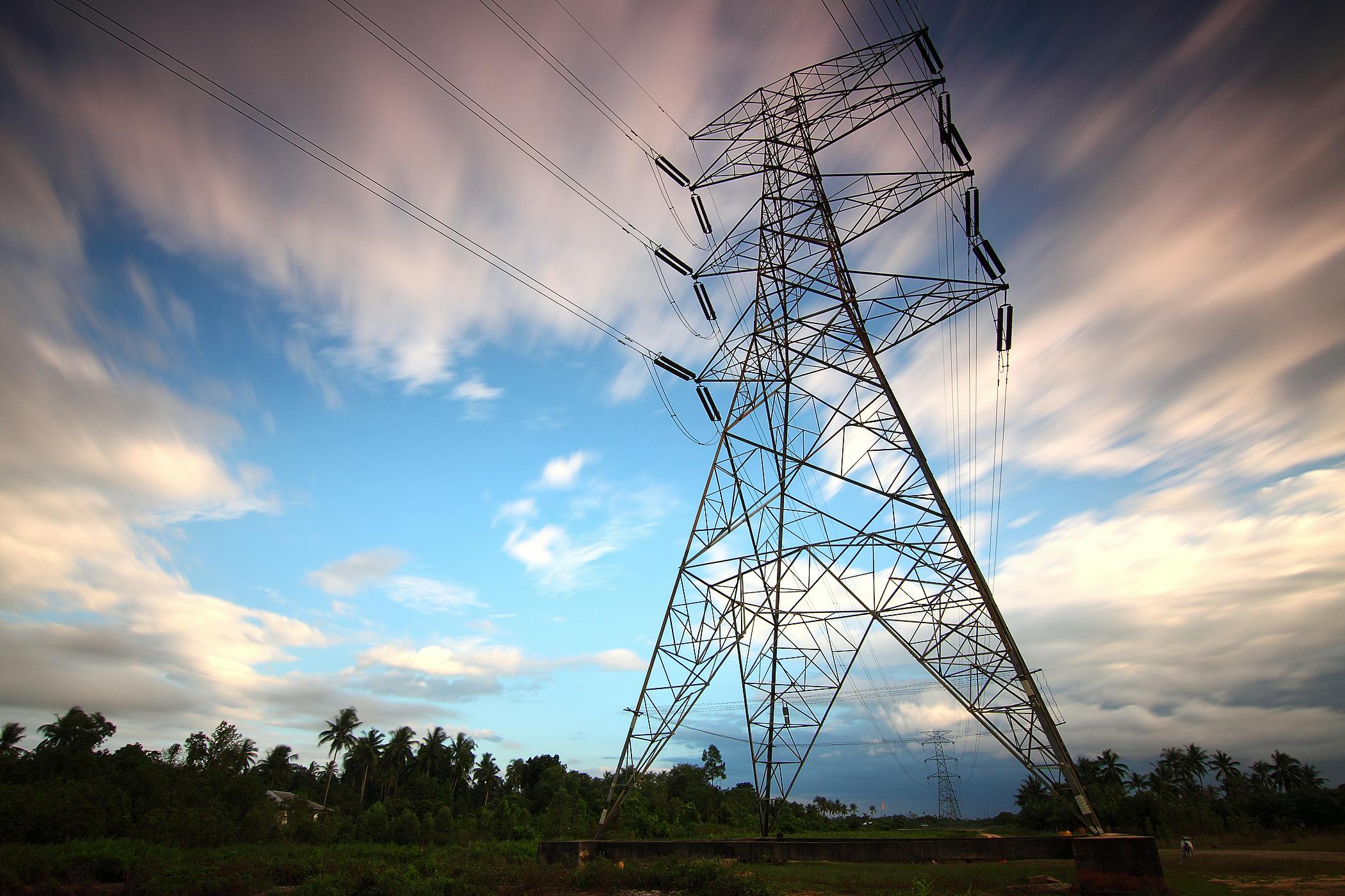Blue states, particularly those led by Democratic governors, are facing growing fears that Republican states could send their National Guard troops to carry out immigration enforcement policies without permission. This fear is rising because of former President Donald Trump’s push for tough measures to deport immigrants living in the country illegally. Many Republican governors have pledged to assist with this policy and are even willing to use their state National Guard troops to help.
One of the most significant examples of this concern is coming from Washington state. To protect its sovereignty, Washington state Representative Sharlett Mena introduced a new bill that aims to make it illegal for out-of-state National Guard troops to operate in Washington without the governor’s approval. Mena’s proposal passed a key committee vote last week, and it has gained strong support from Washington’s Democratic Governor, Bob Ferguson, who sees it as necessary to maintain the state’s control.
The Rising Threat to State Autonomy
Rep. Mena explained the need for this legislation during the committee hearing. She stated that without such a law, Washington’s ability to protect its borders from out-of-state forces would be at risk. Mena believes that if other states see how this law is being pushed, they may introduce similar legislation to keep their National Guard forces within their own state limits.
Joseph Nunn, a legal expert from the Brennan Center for Justice, also warned about the growing trend of using the National Guard for federal immigration enforcement. According to Nunn, states that do not support these actions need to take steps to protect their autonomy.
This issue has become especially urgent since Texas, under the leadership of Republican Governor Greg Abbott, signed an agreement to give its National Guard troops powers to arrest and detain migrants. This move is part of Abbott’s ongoing Operation Lone Star program, which until now had focused on surveillance and logistical support for federal immigration agents. With this agreement, Texas’ National Guard is now actively involved in deportation efforts.
Potential for National Guard Invasion
The worry in Washington and other blue states is that Republican governors could send their National Guard forces to assist with deportations in states that oppose Trump’s immigration policies. For example, Idaho, Montana, and North Dakota have laws in place to stop other states’ National Guard troops from entering their borders without state approval.
However, Mena pointed out a crucial concern: If President Trump or any future president decides to federalize the National Guard, state laws like the one in Washington would not be able to stop it. Federal orders can override state authority, making it harder for states to protect themselves against unwanted military intervention.
Federal Law and National Guard Deployments
The National Guard is usually controlled by state governors and funded by state budgets. However, under federal law, the president can call the National Guard into federal service. This would put the troops under federal control and allow them to operate on a mission requested by the president, even in states where governors do not agree with the federal plan.
Former presidents George W. Bush, Barack Obama, and Donald Trump have all used this law to send National Guard troops to the southern border to help prevent illegal immigration. Trump also used this authority in 2020 to deploy troops to Washington, D.C., during protests.
What Happens if the Insurrection Act is Invoked?
Some experts believe that Washington’s proposed legislation may be unnecessary. William Banks, a law professor who has studied National Guard policies, argued that it serves more as an “insurance policy” to remind everyone that states should be able to govern their own affairs without interference.
However, Banks also warned that if the president invokes the Insurrection Act, it would allow federal troops to enter any state without consent. This law has been used in extreme cases, like when a state government is failing to maintain order or is resisting federal law.
The Path Forward
Despite the concerns raised, Washington lawmakers still feel the need to move forward with the bill as a precautionary step. Nathan Bays, the deputy policy director for Governor Ferguson, explained that the bill would not interfere with the readiness of the National Guard. Instead, it would ensure that Washington maintains control over what happens inside its borders.
Meanwhile, Republican lawmakers, like Representative Rob Chase, have dismissed the concerns as exaggerated and unnecessary. They argue that the focus should be on more pressing issues such as public safety, housing, and education.
As tensions around immigration policies and state sovereignty continue to rise, the situation is far from settled. States across the country are watching Washington’s actions closely, and it is possible that similar bills could pop up in other states in the near future.
(Source : newsbreak.com)


 by
by 

